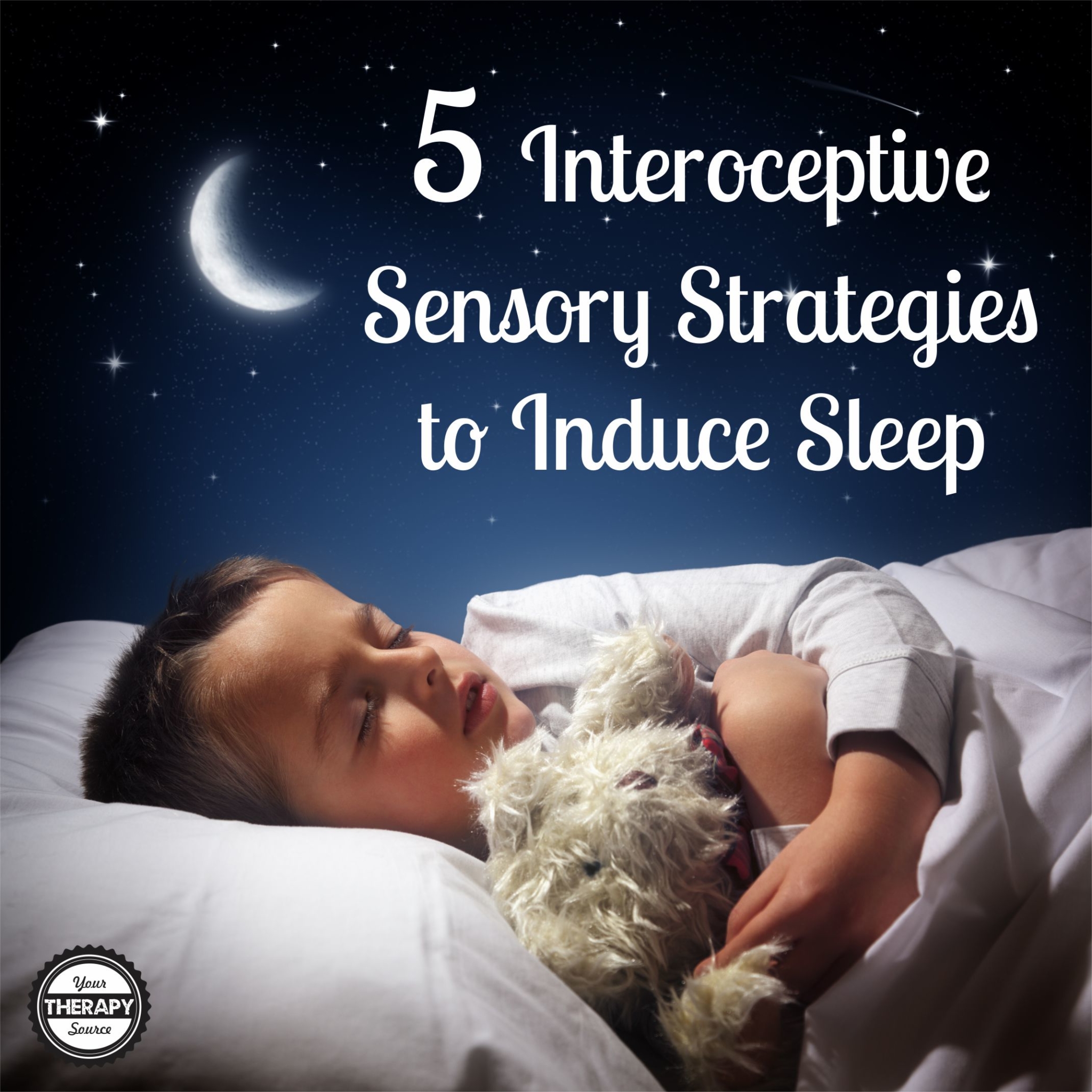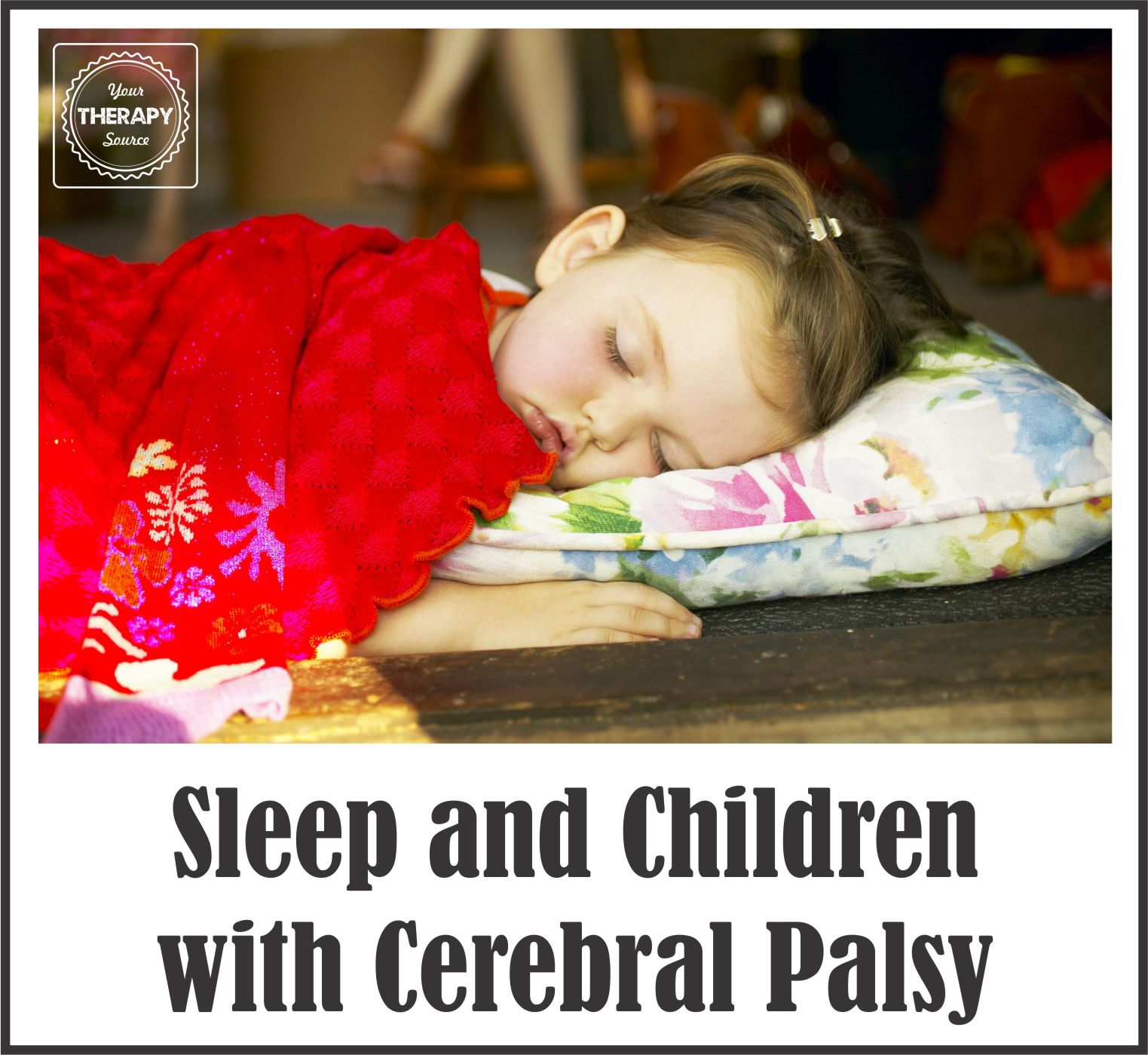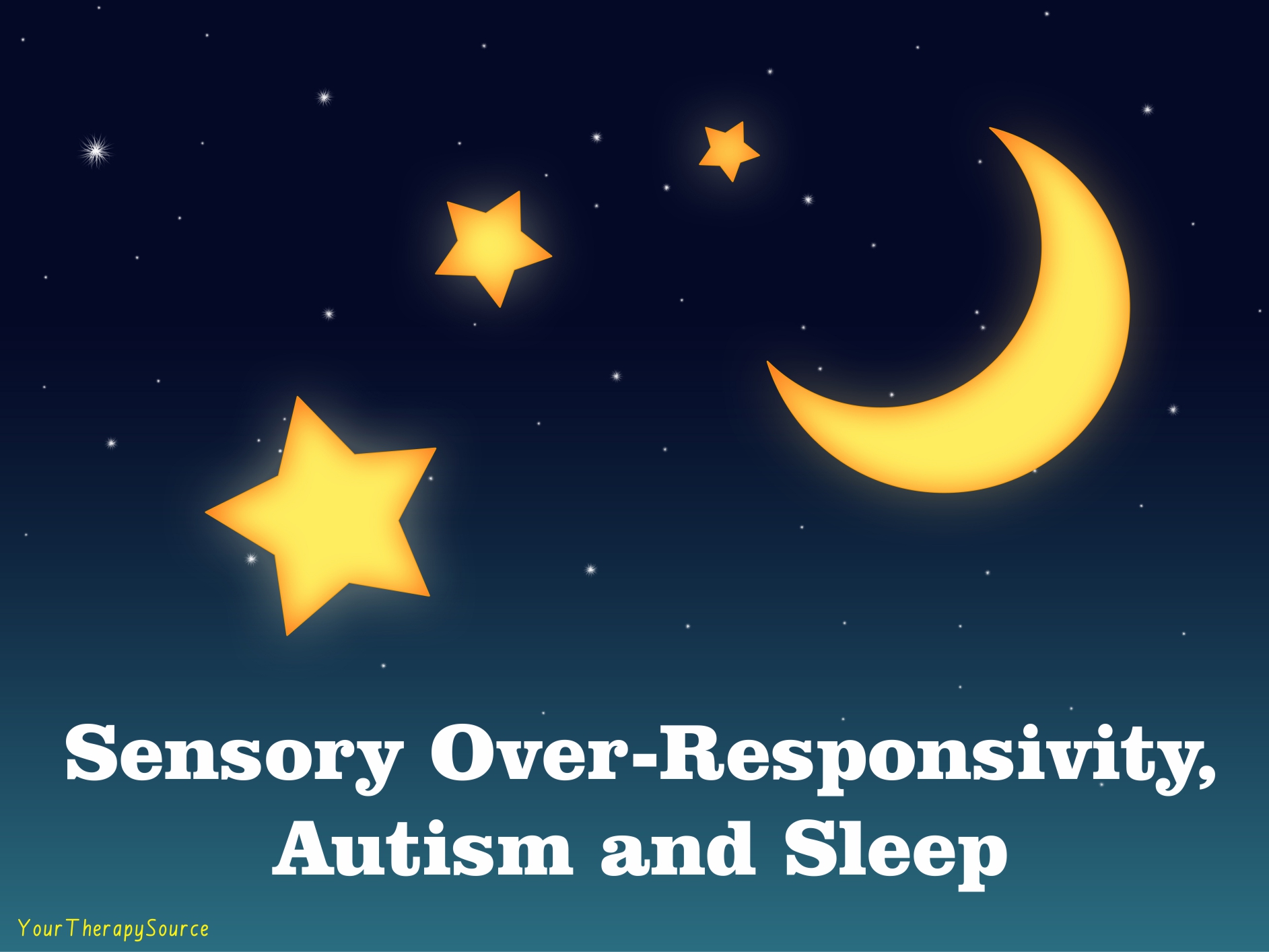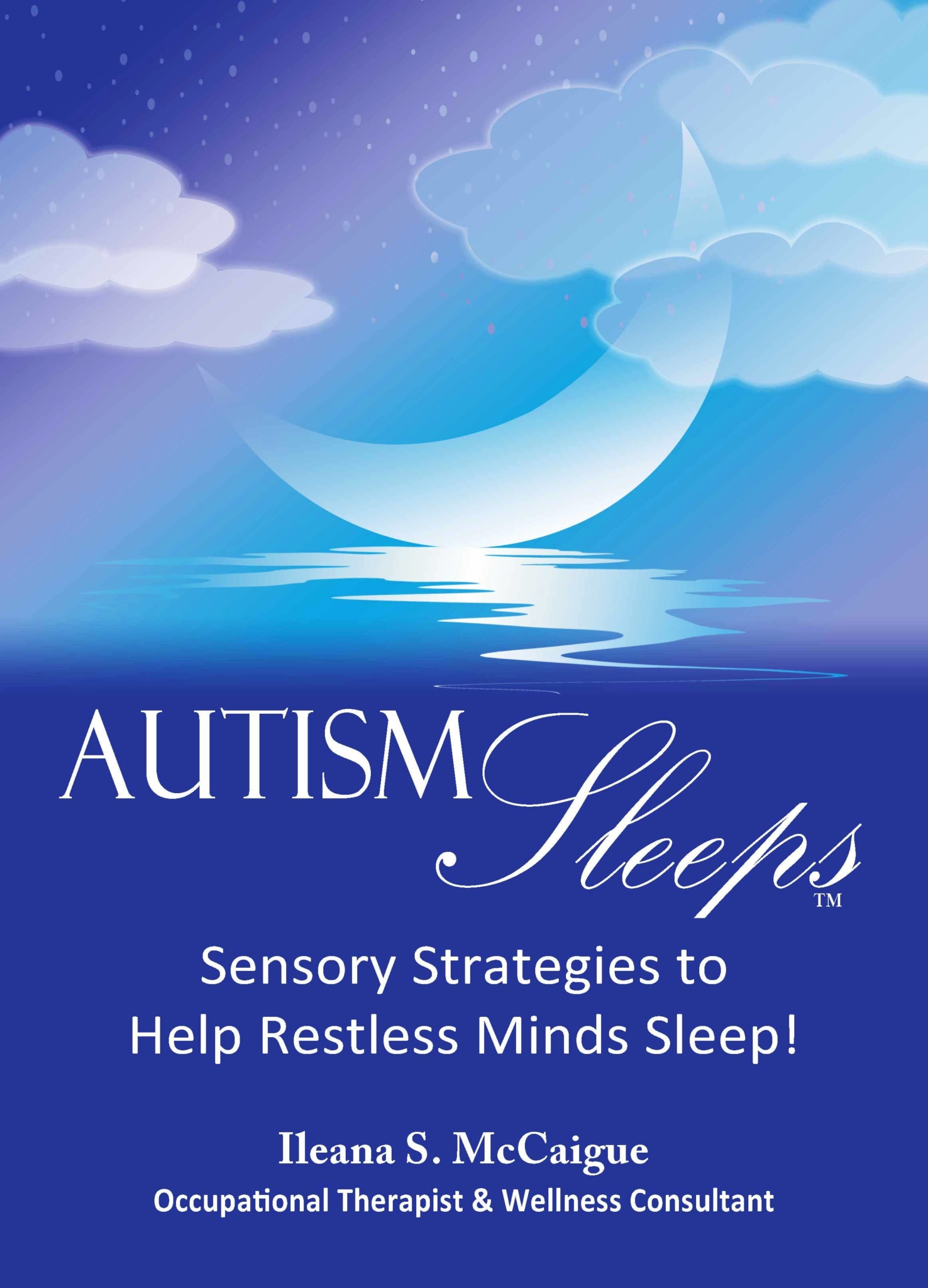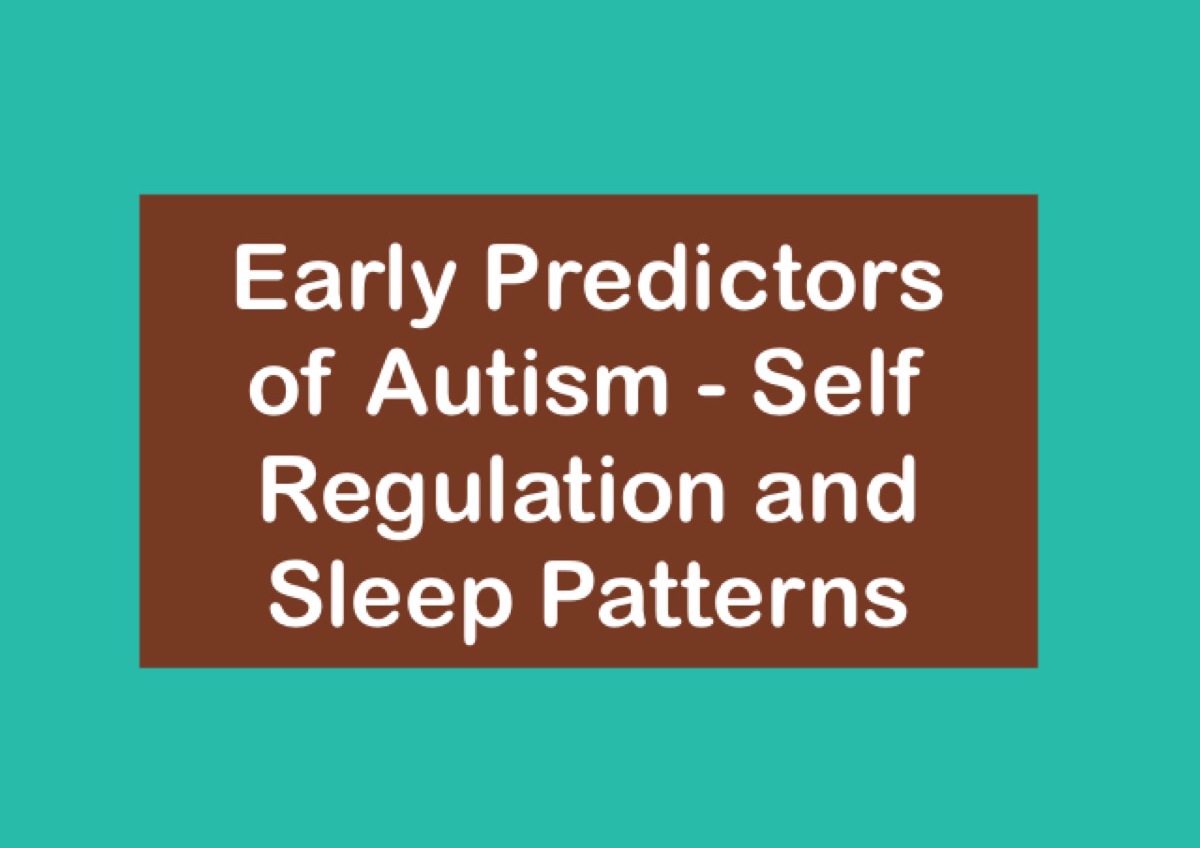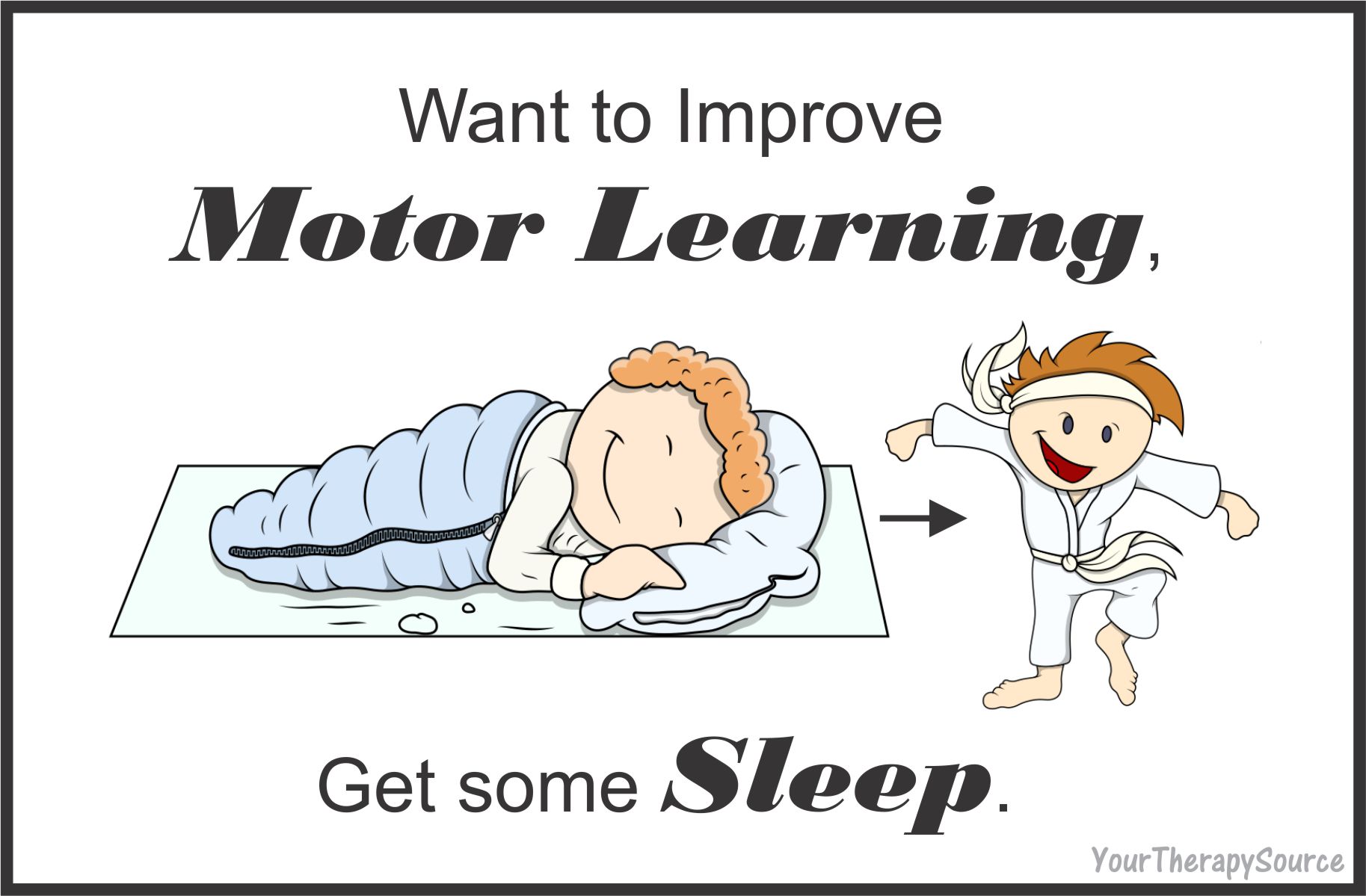5 Interoceptive Sensory Strategies to Induce Sleep
The interoceptive sense perceives the physiological condition of the internal body. It includes pain, temperature, itch, affectionate touch, sensations from our organs and muscles, hunger, thirst, and air hunger. It also includes “gut” feelings such as calmness, comfort, contentment, happiness, safety, security and warmth. The exteroceptive sense perceives external stimulus outside of the body such […]

